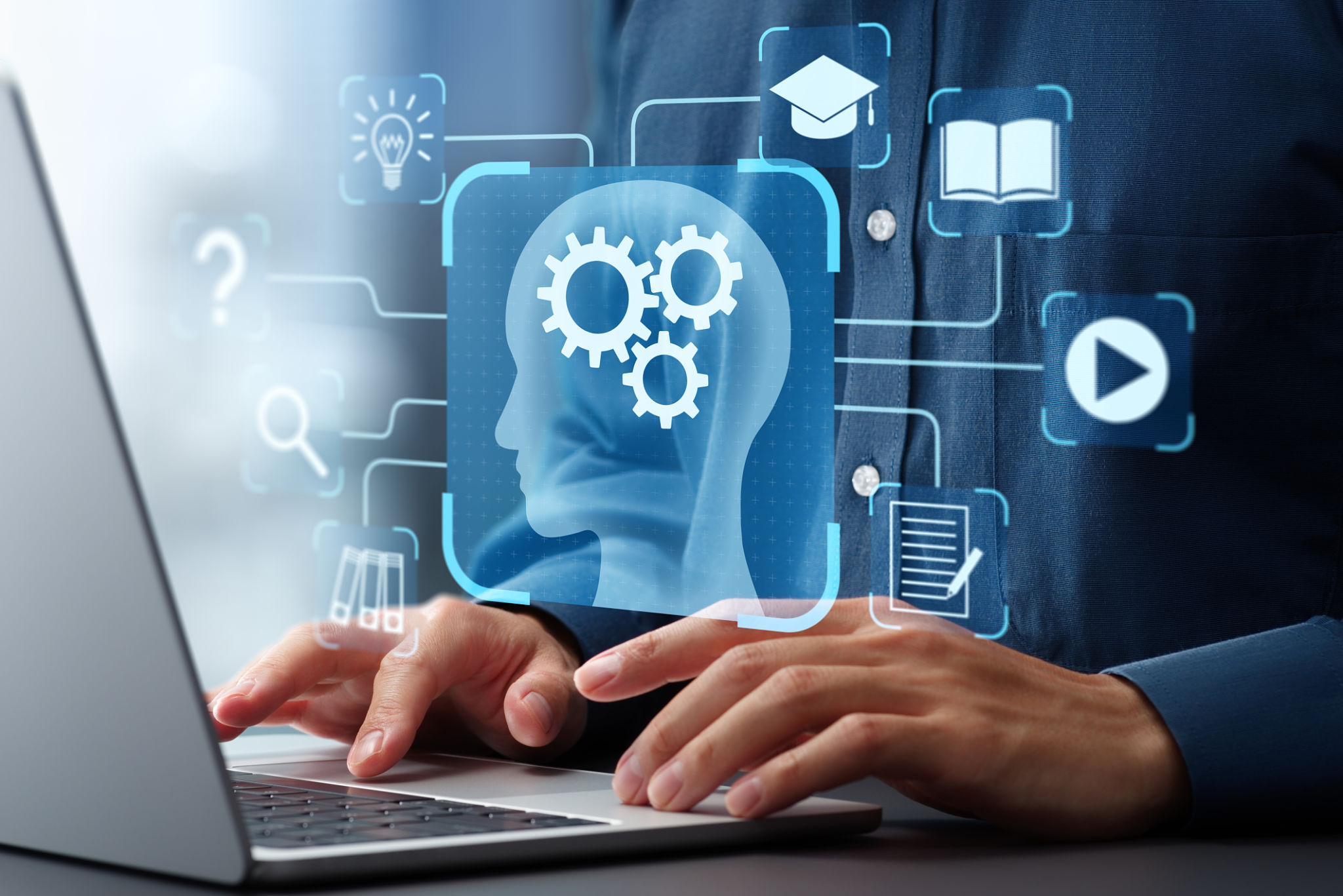Seasonal Trends: How AI and Deep Learning Are Shaping Education
The Rise of AI in Education
In recent years, Artificial Intelligence (AI) and deep learning have become pivotal in transforming various sectors, and education is no exception. These technologies are reshaping how educators teach and how students learn, offering personalized and efficient educational experiences. As we delve into the ever-evolving landscape of education, understanding the role that AI and deep learning play is crucial for stakeholders at all levels.

Personalized Learning Experiences
One of the most significant impacts of AI in education is the ability to create personalized learning experiences for students. AI systems can analyze individual learning patterns and adapt content to meet the unique needs of each student. This approach ensures that learners receive the appropriate level of challenge and support, enhancing their educational outcomes.
With AI, educators can better understand students' strengths and weaknesses, allowing them to tailor their teaching methods. This customization is not limited to content delivery but extends to how students are assessed, ensuring a more comprehensive understanding of their progress.

Streamlining Administrative Tasks
AI and deep learning are also revolutionizing administrative processes within educational institutions. By automating routine tasks such as grading, scheduling, and record-keeping, AI allows educators to focus more on teaching and less on paperwork. This not only improves efficiency but also reduces human error in administrative duties.
Moreover, AI-powered chatbots are being used to handle basic student inquiries, providing quick responses and freeing up valuable time for administrative staff. This advancement ensures that both educators and students can focus on what truly matters—learning and development.

Enhancing Educational Content
The integration of AI in education goes beyond administration and personalization. It also plays a crucial role in enhancing educational content. Through deep learning algorithms, educational platforms can now provide rich, interactive content that keeps students engaged and motivated.
AI tools can generate immersive learning experiences using virtual reality (VR) and augmented reality (AR), offering students a hands-on approach to complex subjects. This level of interactivity helps students understand abstract concepts more concretely, fostering a deeper understanding of the material.
Preparing Students for the Future
As AI continues to permeate various industries, preparing students for a future where these technologies are commonplace becomes imperative. By integrating AI into the curriculum, educational institutions are equipping students with the skills they need to thrive in a digital world.
Courses focused on AI literacy, coding, and data analysis are becoming standard in many schools, ensuring that students are not only consumers of technology but also creators. This forward-thinking approach is essential for developing a workforce that can navigate and innovate within an AI-driven economy.

Challenges and Considerations
While the benefits of AI in education are significant, there are challenges that must be addressed. Issues such as data privacy, algorithmic bias, and the digital divide need careful consideration to ensure equitable access to these technologies. Educators and policymakers must work together to create frameworks that protect student data while maximizing the potential of AI.
Despite these challenges, the integration of AI and deep learning in education presents an exciting opportunity to enhance learning experiences across the globe. As technology continues to advance, embracing these changes will help shape a more innovative and inclusive educational landscape.